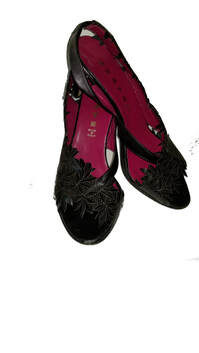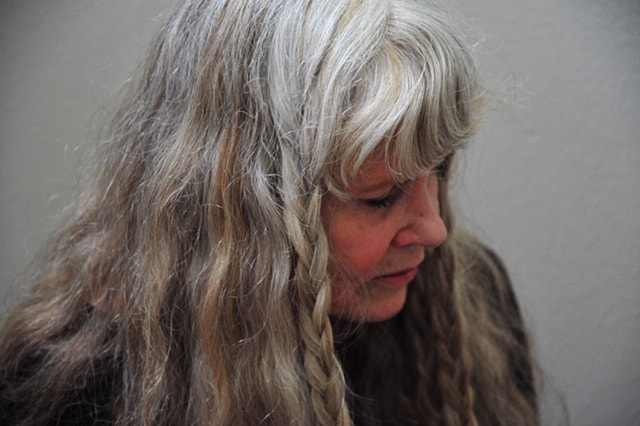| Going about my daily rounds of straightening, washing, cooking, tending to the ‘stuff’ we have accumulated and would now like to jettison after a dip into Marie Kondo, I take time off to read the latest issue of a APR and note what the ‘new’ poetry is about, just as it is what the ‘old’ poetry was about: what we do. Only the poets have changed. The poets and what they are willing to reveal about what they are up to. For comparatively privileged white men with time on their hands, it was de rigeur to contemplate the daffodils, a Grecian urn, or (if you were white male and also a cleric) investigate what luscious words might be used to glorify your Christ. We have since passed through skunks in the garbage, fish on the dock and philosophers in a bar as gradually it’s become OK to look up everybody’s metaphorical skirt and down into everybody’s limbic brain. In fact, the new poetry appears to consider the every day while it traces, as poetry always has, the human effort to answer the Three Big Questions: what and am I doing here? How must I do it? Why must I die? Strolling through a Dollar Store or investigating the ravages of roadkill with a stick made handy by the poem’s conceit, the new poetry traffics in the utmost guile which is to pretend it’s ordinary, just another bowler in the Tuesday Night League and to intimate that it’s puzzled by this-and-that, to profess that the hands on the trapeze of the poem’s creation aren’t as well-trained as a Cirque de Soleil artist. Of course, they are. However, the ‘new poem’ tends to investigate these questions at some length. And now I hear short poetry is out, even as a curt nod to reality. Thus, Marianne Moore’s “Poetry” is most admired in its rambling 1924 version with the bat, elephant, wolf, flea, baseball fan, and “imaginary gardens with real toads,” not in the three-line distillation she published in her Collected Poems: Poetry I, too, dislike it Reading it, however, with perfect contempt for it one discovers in It, after all, a place for the genuine. This rejection is part of what one author calls “the Poetics of Wrongness,” which rejects “shortness as a goal.” “The Poetics of Wrongness does not adore Occam’s Razor or the Law of Parsimony…” which is all well and good for the poetic ramble. But how must we respond to this current distaste for the curt? Although I can wander, I am attracted the pithy poem, for example: Margaret Atwood’s: You Fit Into Me You fit into to me like a hook into, an eye a fish hook an open eye. I, too, have writ small in a poem of yearning toward the infinite and the ends of such a search. The Known Universe He pointed to the page and said, “put a sun here, a star,” something To remind your reader of the infinite. “Put the infinite here,” he said. I didn’t think Polaris or Adytia, I thought war which went on before and after, throughout the known and unknown universe. (©2017 Wendy Taylor Carlisle) Which is a lead in to Matthea Harvey’s wonderful poem: You Never Seemed So Human So we married in the UFO they didn’t know what we meant when you said pony and I whispered mountain in the chilly Hall of Collectibles. 2007, Matthea Harvey) And, for me, moves toward an elegy for my great friend, Max Elbo: After Great Loss I have become the mistress of the unlit, formal, sad as a 2-car funeral. What to do in all this somber dark but dance and dance and dance in my hallelujah shoes? (© 2017 Wendy Taylor Carlisle) In short, while the new poetry, as personified by what the essayist calls “The Poetics of Wrongness,” may have its attractions. I lean to the poem that says little and means much like Kay Ryan’s distilled: Hide and Seek It’s hard not to jump out instead of waiting to be found. It’s hard to be alone so long and then hear someone come around. It’s like some form of skin’s developed in the air that, rather than have torn, you tear. (© 2005 Kay Ryan) What could say more about writing qua writing, without expectation, for the joy, then the surprise? | My Hallelujah Shoes |
|
1 Comment
Janice D. Soderling
3/3/2021 01:33:17 pm
I love your Hallelujah Shoes.
Reply
Leave a Reply. |
Wendy Taylor CarlislePoet in the Ozark woods. Archives
February 2021
|

